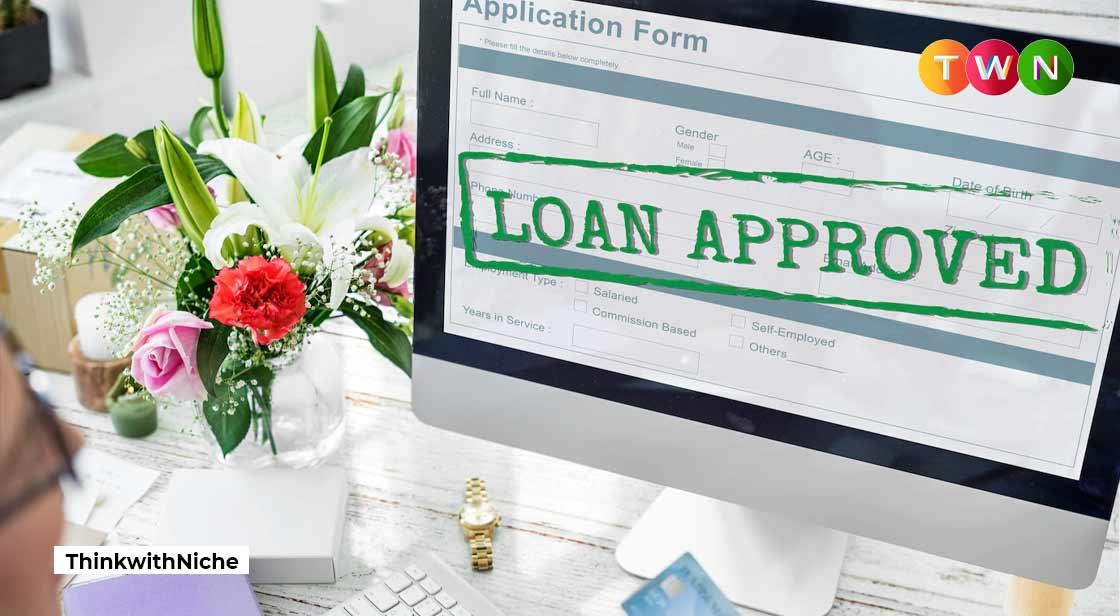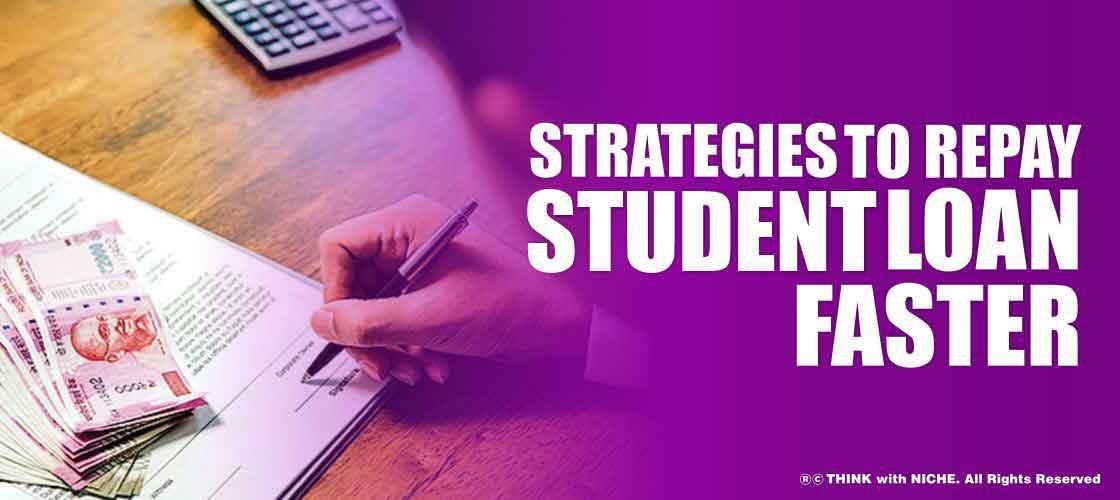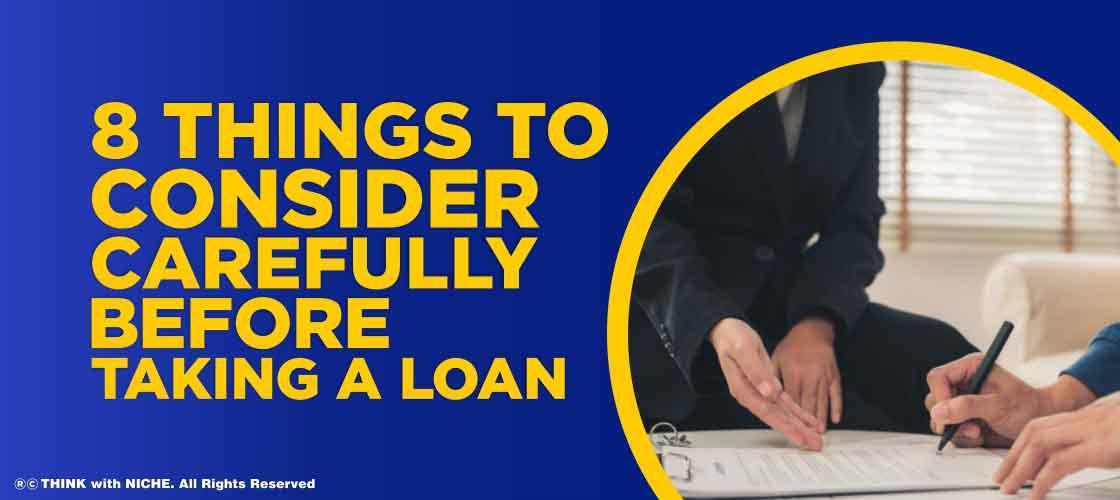How To Pay Off Your Student Loans In 5 Years

Blog Post
It is never too late to pay off your student loans. You can pay off your student loans in 5 years or less if you follow these steps: You could also borrow money from your parents, try a repayment plan, or take advantage of a government program for loan consolidation. Only you can decide which option is best for you and your financial situation. Read the following article to know more about student loans. #TWN
Student loans are no longer just an expense. They’re a way of life. A significant part of our economy relies on people taking out loans to pay for school. With so many students taking out loans and a growing student loan debt crisis, it’s important to get out ahead of the curve and make sure that you have the right plan in place before you take out your loan. This guide will help you find the best option for your needs and give you tips to help pay off your loans sooner than later. Here are some ways to get started claiming student loan debt as your own:
The Student Loan Crisis
The student loan crisis is a huge problem plaguing the United States. Student loan debt is now higher than credit card debt, and that’s saying something! With so many people struggling to pay off their loans, the government has introduced initiatives to help ease the financial burden.
How to Pay off Student Loans in 5 Years
First things first, you need to know what your student loan debt is. There are multiple ways to find out, but the easiest way is to use a student loan repayment calculator. This will give you a better idea of how much you owe and how quickly you can pay it off. Once you know your numbers, decide what type of plan suits your budget and needs best. The two most common options for paying off your loans are the standard 10-year plan and the 15-year plan.
The 10-year plan is more affordable because you pay 1/10th of your balance each month, which means that every year, there’s another payment made on top of whatever amount has been paid in previous years. On the other hand, the 15-year plan allows for 1/15th of your balance each month, so it ends up being spread out over a longer period with fewer payments than the 10-year option.
Paying off Student Loans on Your Own
If you’re feeling the pressure of student loan debt, the best option is to pay off the loan on your own. If you have a large number of student loans and don’t have a lot of extra money, this may not be an option for you. If you can afford it and have time, though, it might be worth trying to pay off your loan on your own. Many websites can help you calculate how much interest you could save if you were able to pay back your loans early.
Another option to consider is consolidating your loans. It can be worth looking into whether or not consolidating your loans with another lender would result in more affordable monthly payments for you. Although this method won’t lower the total amount of interest that accrues over the life of the loan, it should make it easier for you to manage monthly payments and reduce overall interest paid overtime.
Financing Education with an Employer
The majority of students get their first job after graduation, so you can use your job to help pay off your loans. If you can negotiate a wage increase with your employer, it will be easier to pay off your loans.
If you’re still in school and want to start paying down your loan debt, consider working part-time while pursuing your education. It will allow you to earn money while saving up for school and paying off that debt.
If you have a knack for numbers, become a freelance writer or accountant and put those skills to use as you work towards financing education with an employer.
Financing Education with a Private Lender
With student loans, you’re paying back your loan with a fixed interest rate, which means that the price you pay varies depending on how much you borrow and when you borrow it. It makes it difficult to budget because so many factors can affect the total cost of a given loan.
When compared with public lenders, private lenders are often able to offer low-interest rates. If you have good credit, a private lender may be able to offer a lower interest rate than the government will offer. They also tend to give borrowers more flexibility in repayment schedules and other terms which can make them easier and less stressful than public lenders.
Private lenders also don’t usually require documentation of your income or other qualifications before lending money. It is especially useful if you’re looking at taking out a huge loan or refinancing your existing one. The downside is that they may charge some fees like an origination fee or an annual percentage rate (APR).
Other Ways to Pay Back Your Student Loans
There are many other ways to pay off student loans that don’t require you to make large monthly payments. One of the most popular is a Roth IRA. If you set up a Roth IRA for yourself, you can invest in a variety of stocks and mutual funds that will grow by a significant amount over the years. Another option is to put your loan toward paying down your mortgage or car loan. If you do this, your interest rate will be much lower than if it was just sitting on the balance sheet as an unpaid loan, and you’ll have more money to spend each month on living expenses.
Creative Ways to Pay off Student Loans
It may seem impossible to pay off your student loans. But, there are some creative ways to save money and pay down your student loan debt. You can consider refinancing or consolidating your loans with a lender or credit card company, getting a side job, or working extra hours. One of the best ways to get started is to make sure you’re on top of your payments. Avoid missing payments, and set up auto-payments from your bank account so that you don’t miss a payment.
You can also work extra hours at work if you need the extra cash and use that to pay for your loan. It will also help you get ahead in the process and create additional savings to pay off your loans.
Grants to Pay Off Student Loans
Indeed, you may not have to pay back your student loan debt if you meet certain qualifications. There are a few different types of grants available:
Pell Grant: If you’re a low-income student, this grant will cover the entire cost of tuition and fees for the upcoming academic year.
Subsidized or unsubsidized loan repayment programs: These programs offer interest and/or principal forgiveness. They also allow you to take out more loans with the same repayment terms
Public service loan forgiveness program: This is an option for those who work in public service jobs. It forgives most, but not all, of a borrower’s remaining obligation
Tax credits: This tax credit can be applied to any student loan taken out after 1981
How to Pay off Heavy Student Loan Debt
One way to help you pay off your loan faster is to take on extra work. If you’re able to earn more money, the amount of interest you’ll be paying will also go down.
Another option for paying off student loans faster is to consolidate loans into a single loan with a lower interest rate.
Conclusion
It’s no secret that student loans are taking a toll on student debtors. In fact, the average student loan debt in America is over $27,000. But there are ways to get out of the student loan debt cycle.
The first step to getting out of the student loan debt cycle is to get a handle on how much you owe. Once you know how much you owe and what repayment options are available, it’s then time to figure out how you want to pay off your loans.
Paying off your loans as early as possible is the best option. If you can manage it, you can save thousands in interest over the life of your loan. Plus, if your employer offers a repayment plan and if you are still employed when the time comes, you will have the means to pay off your loans and avoid additional costs such as late fees, fines, and more.
The last step is being creative so that you can pay off your student loans without going into debt, which is always a possibility when it comes to using creative ways to pay off your student loans.
If you liked reading this article, we have two more for you. Click on the link below to explore!
Strategies to Repay Student Loan Faster
You May Like
EDITOR’S CHOICE














